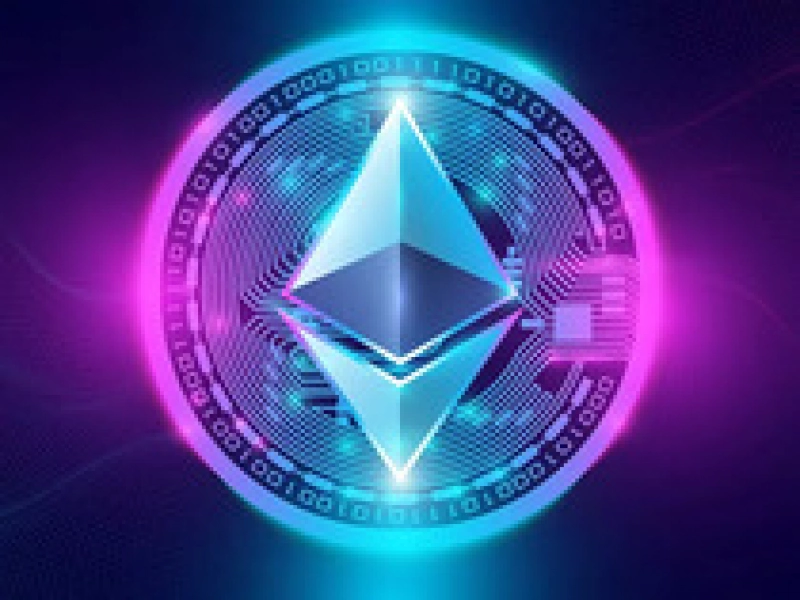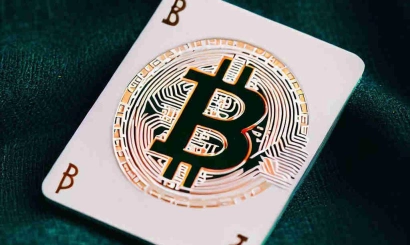How scientists want to improve Ethereum. And what do reversible payments have to do with it?
Specialists told about the prospects of the idea of "reversible" transactions proposed by Stanford researchers, and the impact this concept may have on the crypto-industry
Stanford University has created prototype tokens for "reversible" transactions on the Ethereum network. According to the researchers, this could be a solution to reduce the impact of cryptocurrency theft. Tokens of the new standard will allow within a short time (up to three days) after the transaction to challenge it and return the funds back.
Experts told how feasible this idea is, and how the cryptocurrency community will react to the possibility of reversing cryptotransactions.
A very distant prospect
Researchers at Stanford University have developed a new standard, compatible with already existing standards on Ethereum, which will freeze illegal transactions, said Yuri Brisov, founder of LFCS Legal Support. However, he noted that this standard is still more of a concept or an intellectual experiment, with the Ethereum blockchain not even pre-tested yet.
The expert explained that the new standard opt-in token (subscription token for something), or rather its prototype so far, will not replace ERC-20 tokens and will not make Ethereum reversible. But it will allow for a short period of time after a transaction to challenge the theft and possibly restore the token to its rightful owner, Brisov specified.
According to him, the idea looks attractive from the legal point of view, because it will allow to realize the recovery of unjust enrichment or apply vindication (demand for return) to tokens, as with money or other things. But the lawyer thinks that in terms of practical implementation this seems to be a very distant prospect so far.
With regard to NFT-related standards such as ERC721 and ERC1155, such an idea could probably be implemented, since it is often not difficult to establish the true owner of non-interchangeable tokens, the expert believes. But he noted that for conventional tokens, it is still difficult to imagine how such a mechanism could work, as it would be necessary to send all disputed transactions to arbitration, and someone would have to consider all these disputes and make a decision.
"So far, it seems possible to implement this solely through the use of human resources. In this case, blockchain will lose a number of its main advantages," the lawyer is sure.
However, at the level of the idea, this solution clearly does not make sense: with the development of technology and deeper integration of artificial intelligence, the possibility of reversibility of transactions will have to appear, the expert believes. He pointed out that, in fact, custodial services - exchanges, wallet operators already offer such services today. Today these services are realized, as well as in classical sector due to the third party, but in future this function must be assumed by technology, thinks Brisov.
Shift the Focus
The Stanford researchers' proposal could certainly be of interest to corporations that develop public network solutions, but there would be resistance to the initiative in the community because it goes against a fundamental property of blockchain, namely immutability, says Aaron Chomsky, head of the ICB Fund's investment department. According to him, Ethereum has faced a similar dilemma in the past after The DAO hack, which led to the separation of the chain into Ethereum and Ethereum Classic. Hardly anyone would want to make such a split and go back to those times, the expert believes.
In his opinion, if ERC-20R and ERC-721R do appear, they may occupy a niche solution for corporate clients following the example of ERC-3643. This standard appeared on the base of ERC-20 with addition of KYC-verification of users. As a result tokens became permissioned. In general, ERC-20R and ERC-721R will have little chance to win popularity, because users and developers will prefer their counterparts without the letter R, says Chomsky.
He explained that the concept of ERC-20R and ERC-721R looks difficult to implement. Sufficient time may pass from the moment of incident till consideration of assets blocking by the decentralized court so that malefactors have time to nullify efforts of the suffered parties, the expert considers.
He explained that speed is needed here, and victims of hacks lose out on that by default. The authors themselves acknowledge that their idea will need refinement. Obviously, the focus should not be on the recovery of funds, but on improving the security of protocols, the expert believes. He said that only better auditing, creation of safe code fragment libraries, popularization of services that monitor projects for "red flags" and possibly switching to other programming languages can help in this regard.
"In the past, Vitalik Buterin proposed the concept of social recovery, but not of funds, but of private keys - through recourse to so-called 'custodians' or through the signing of a special deal. Implementing this also controversial initiative would have caused much less debate," Chomsky believes.
"The Pirate Character.
The very idea of being able to "rollback" transactions should seemingly represent positive news for the cryptocurrency world, says ITS WM chief operating officer Ekaterina Popova. Transaction irreversibility, she said, is an obvious drawback of any blockchain, making cryptoassets a second-rate means of payment compared to Visa and Mastercard. She noted that while in "traditional" payment systems it is easy to block fraudulent transactions and recover losses, in the case of cryptocurrency, one wrong click or incorrectly entered digit or letter can lead to irrecoverable loss of funds.
However, the lawyer noted that the psychology of most participants in the blockchain ecosystem should be taken into account. According to her, they are mostly young people for whom cryptocurrencies are a way to get rich quick and "challenge the system. The libertarian myth surrounding blockchain is far more important in terms of creating demand than its highly questionable value as a means of making payments, the expert said.
Implementing such a system of reversible transactions means giving the government and regulators control over the possible execution of transactions and ultimately makes the cryptoecosystem more understandable and predictable, Popova said. But the "pirated" nature of current blockchains is what attracts many young and ambitious people, she said. If this component is removed from cryptocurrencies, much of the current investor base may lose interest in such assets altogether, the lawyer says.





_410x245_00e.webp)


